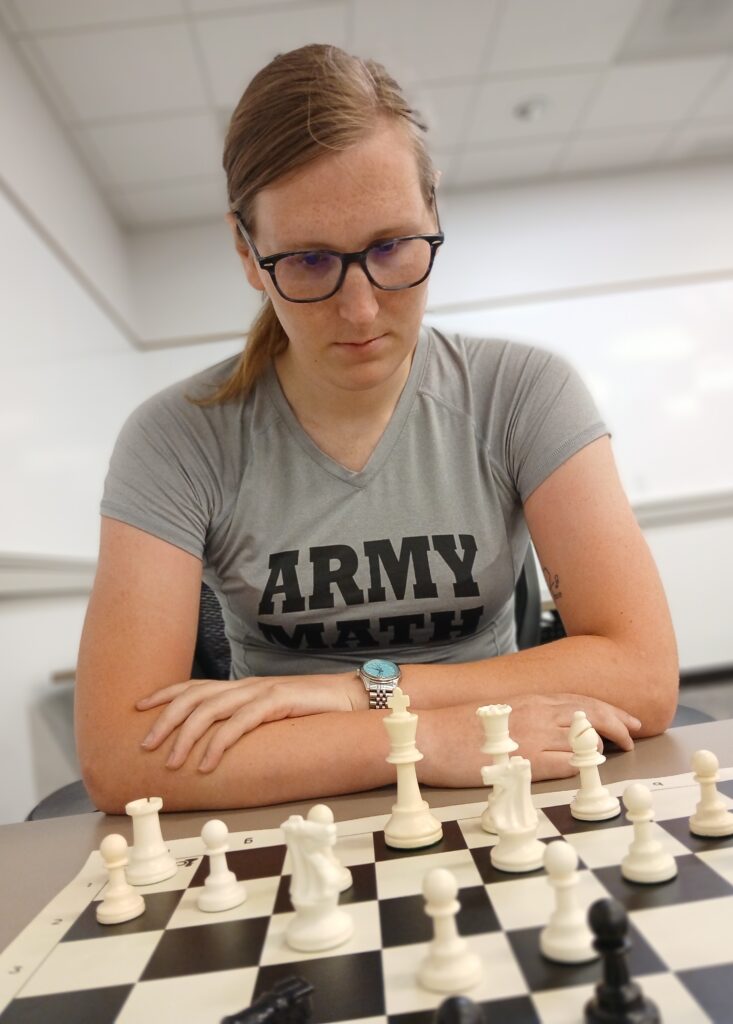Learning from Losses
- by Riley Dosh
Tournaments are emotional endeavors, and it has taken awhile to process this most recent DMV Summer Open. I am still absorbing my games, and will continue for a while. I should not be so melodramatic, but it is not fun to lose, and losing happens a lot when you are the third lowest rated player. It is worse still having to write out your public thoughts about losing. But now I am being melodramatic.

The first game started fine and oops there goes a pawn, and oops there goes everything. Although a lot to be learned about taking initiative against passive defenses. The second game was much the same, with a subpar response to an opening novelty. The third game broke the streak, with a win grinded out after 7 pawns locked up the position. A better chance was lost earlier, which could have secured the win without another 50 moves in time pressure, but a win is a win. It was also a rare opportunity to enforce the touch-move rule, which created a lasting example to tell kids about when explaining tournament rules. The last game of the evening was my first on a DGT board, which was extremely convenient for recording a 103-move game. While it ended as a tough loss – blundered away with 2 seconds on the clock – it was still perhaps my best game of the evening. I faced off against a dangerous gambit, and held on to even a winning position. However, my advantage melted with my time, and I left the playing hall in a rotten mood.
There are always more tournaments to play, I tell myself, but poor performances (from my point of view) are not easy to swallow. A chess player must be very committed if they want to improve, and that begins with a lot of hard losses.
